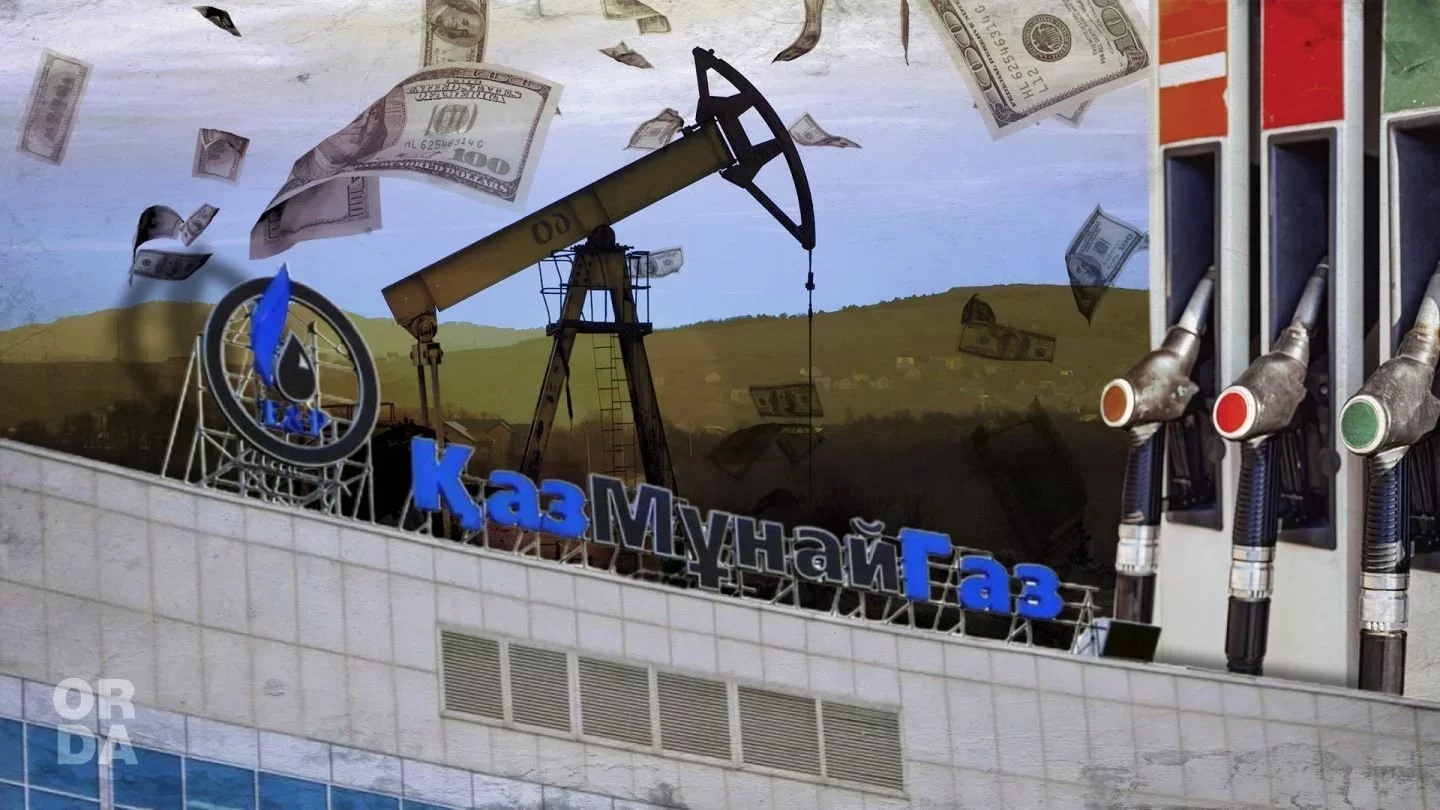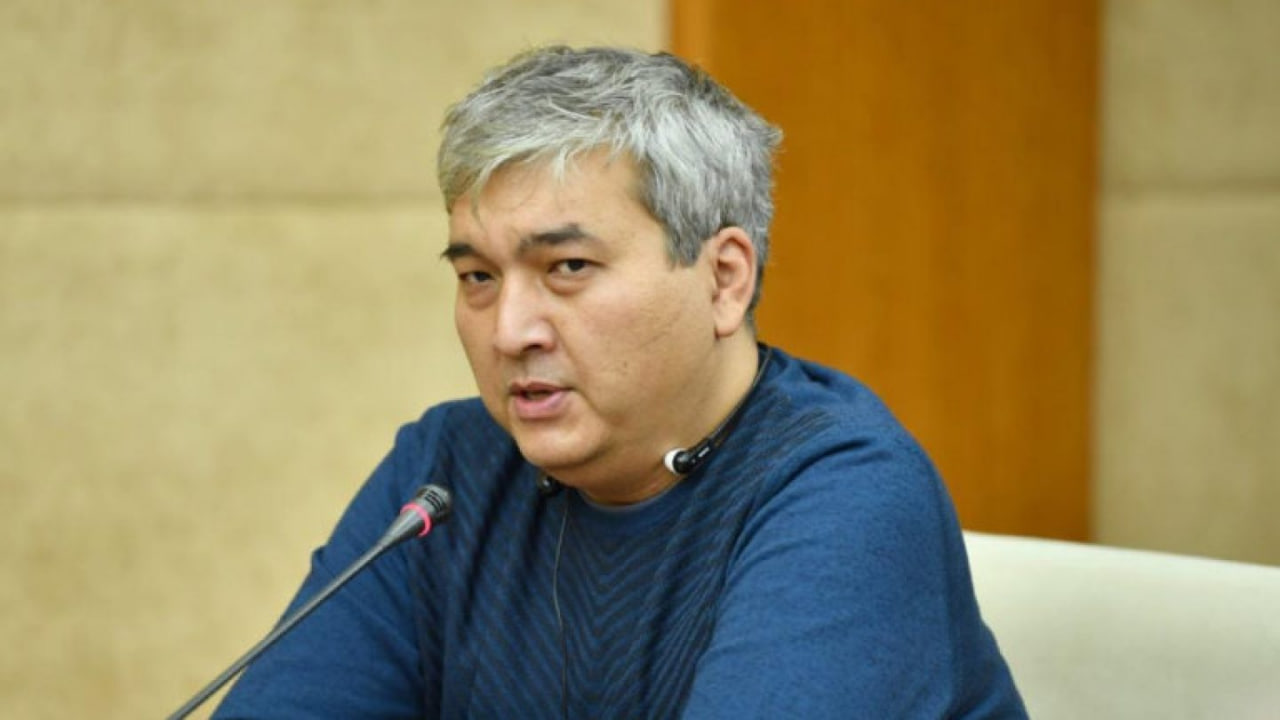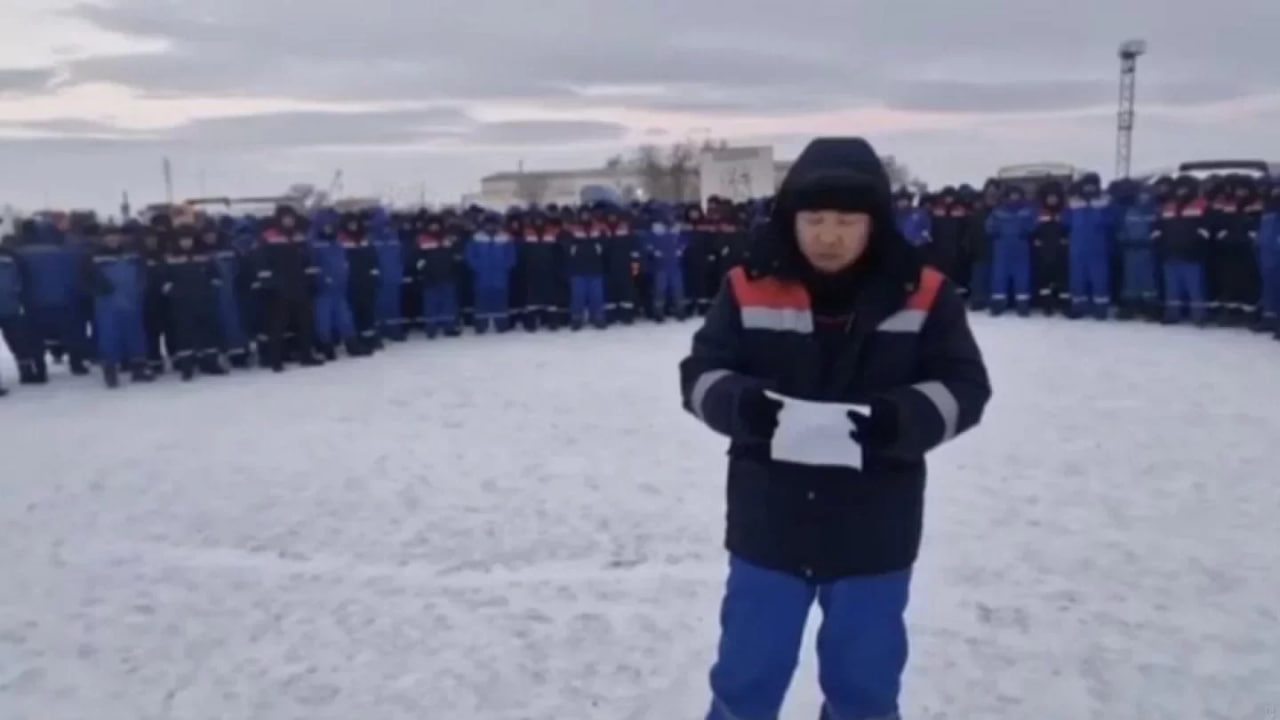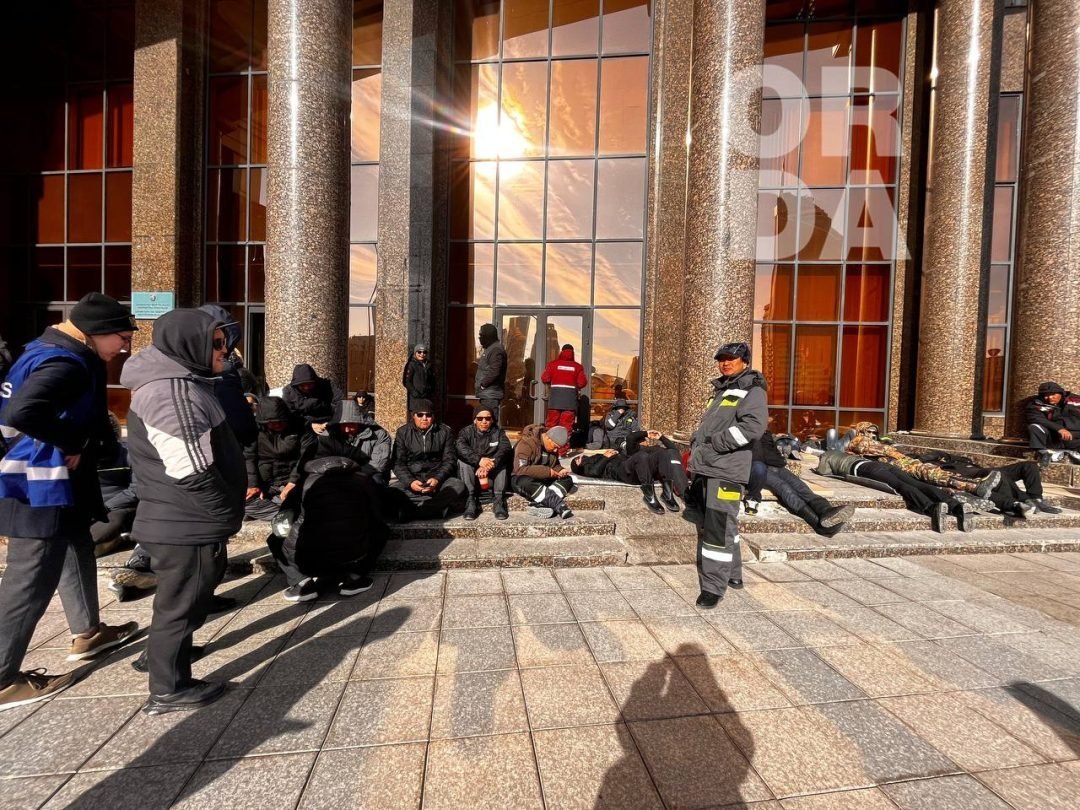Manipulation or Struggle for Rights: Experts on Strikes in Mangystau
 Covercollage: Orda.kz
Covercollage: Orda.kz
Commenting on the strike of West Oil Software workers in the Mangystau region, Kazakhstani political scientists and human rights activists have divided into two camps. Some believe that this is a manipulative attempt for the sake of personal interests, while others believe it is a sincere struggle for rights. An Orda correspondent has learned experts’ opinions.
The West Oil Software workers’ strike in the village of Jetybay started on December 11. They have put forward demands. One concerns being transferred to Oil Transport Corporation’s staff, a subsidiary of KazMunayGas. Others are their inclusion into KGM’s unified remuneration system and updating the material and technical base. A court has declared the strike illegal, 26 employees have been fired, and a criminal case has been initiated for attempts to provoke the protests’ continuation.
The 2011 Events’ Glorification Was a Mistake
Kazakhstani political scientist, Daniyar Ashimbayev, believes that the argument regarding the protest's social element is melting away.
The Mangystau strikers have finally finished off the myth of oil workers’ righteous struggle for their rights. At first, BerAli employees tried, with their "protest" the management tried to change the results of the tender (they - Ed.) lost, and the staff itself wanted to become a part of OzenMunaiGas’s staff. Now Private West Oil has come out. Employees, mainly drivers, demand to employ them in the staff of MangystauMunayGas and provide local salaries. Although now their average salary is 735 thousand tenge, the political scientist wrote in his Telegram channel.

Ashimbayev adds that KazMunayGas has informed the workers about a long-standing algorithm for employment in subsidiaries. It is on a first-come, first-served basis. There are nine thousand unemployed Mangystau residents in it.
The expert noted that the strikers had previously worked in KMG structures and left on very good terms:
The protestors left the structures of the national company on very good terms — 50% of the salary for five years, receiving 10-11 million tenge each. There are no places now.

The political scientist, commenting on the information that West Oil Software employees refused to negotiate with KazMunayGas’s representatives, noted that the authorities and the national company have provided an alternative for the strikers, but they allegedly rejected it:
"The situation is becoming a dead end. Mangystau deposits are being depleted. KMG, the akimat, (and - Ed.) ministries are trying to come up with alternative employment projects, attract investments, but local people are only interested in working in KMG. No one wanted to go for rotation work to other regions or to Tatarstan with which a corresponding agreement was recently reached, he said.

Ashimbayev believes that there is a manipulation of public opinion in the protests of workers from the Mangystau region.
It was a mistake to accept the "glorification" of the 2011 events' participants. The events of January 2022 showed well that the "gas rallies" were initially a provocation and part of a coup scenario. Do not forget about the shadow interests associated with the "shady" schemes in the POL and LNG market, the prices of which the government contains primarily in Mangystau, the political scientist writes.
No Effective Regulation of Labor Conflicts
Human rights defender and director of the Kazakhstan Bureau for Human Rights, Yevgeny Zhovtis, believes that there is no practice of regulating labor conflicts in Kazakhstan, which is why the authorities resort to repressive measures. Zhanaozen serves as an example.
The authorities do not learn from the tragic events of Zhanozen and Qantar. There is no effective system of work between the authorities, businesses, and workers in the country. The business code, as well as the labor code, are heavily skewed towards the employer. A strike is a common form of resolving labor conflicts in many countries around the world. But the difference in Kazakhstan is that we do not have a normal legislative solution to labor issues, including labor strikes. This leads to the fact that the authorities use a power resource: they dismiss, prosecute, and initiate criminal cases. International trade unions have repeatedly criticized Kazakhstan for the lack of practice in regulating strikes, the expert believes.

According to a study by Kazakhstani political scientist and sociologist, Ayman Zhusupova, from 2017 to 2020, about 20 labor conflicts that transitioned into strikes took place in Kazakhstan. And in 2021, more than 150 protests were held in the Mangystau region alone.
Zhovtis also added that comparing the salaries of workers in the western region with other regions is implausible. There are several reasons for this: social stratification, lack of local production, and unequal wages between Kazakhstani and foreign workers.
It is important to understand that this is a region with very difficult climatic conditions. The main productive force here is the oil and gas industry. This is what we, as a country, trade in, and what gives us (our - Ed.) main income. But the population in the region sees little of this. Both in terms of salary and social infrastructure. They are in a position where income goes to the center, to the owners of enterprises. When we talk about workers' salaries, for some reason we forget about management salaries, which are ten times higher.
How Much Do Oil Workers Get?
The opinion about oil and gas industry workers’ sky-high salaries exists in society to this day. But there’s more than meets the eye.
In the labor market, places for oil workers are provided not only by large enterprises but also by outsourcing and recruiting companies. If some workers are on staff, where they receive social safeguards and fixed pay, then others are hired to perform certain tasks on the contracting entity’s territory. And the former are considered non-payroll.

Most often, large oil companies hold tenders among subcontractors to perform the necessary work. They thereby force subcontractors to compete, reducing the price for services. This extends to oil workers’ wages and the technologies they use.
In doing so, oil workers become dependent on workflow. And the generally accepted opinion about sky-high salaries is overshadowed by the element of unstable employment.
If the company loses a tender, it will have to lay off employees and wait until the main oil-producing enterprises announce a new one. Dismissed oil workers have no choice but to seek employment at the winning company and agree to comparatively worse payment terms and work safety. In this scenario, they have no social safeguard.


Indeed, in April 2023, about 70 oil workers came from Zhanaozen to the building of the Ministry of Energy in Astana. Former employees of the BerAli Mangystau Company took part in the protest. The company had lost the tender for oilfield services for a KazMunayGas subsidiary, JSC OzenMunayGas. The company losing the tender resulted in more than 200 people being left without work.
They demanded employment in OzenMunayGas and to overturn the tender’s results.
Original Author: Silam Aqbota
DISCLAIMER: This is a translated piece. The text has been modified, the content is the same. Please refer to the original article in Russian for accuracy.
Latest news
- President Toqayev Sends Nazarbayev Birthday Wishes
- Toqayev Appoints New Ambassadors in Series of Diplomatic Changes
- Unidentified Object Resembling Drone Found in Atyrau Region
- Trump and Zelenskyy Discuss Air Defense Needs
- Rapper Qurt: Wife Withdraws Statement in Court
- Head of Azerbaijani Cultural Autonomy in Moscow Region Reportedly Loses Russian Citizenship
- Defense Secretary Hegseth Paused Ukraine Weapons Shipment Despite Pentagon Assessment — NBC
- Prosecutor General's Office Confirms Detention of Kozhamzharov's Associate in Torture Case
- State to Scale Back Role in Competitive Sectors
- Uzbek Banker Kidnapped in Paris
- Former Financial Police Officials Reportedly Detained, Case Concerns Torture
- Progress MS-31 Launches from Baikonur Carrying Fuel, Water, and Scientific Cargo
- Two Men to Face Trial for Homicide of Missing Atyrau Woman, Body Not Found
- Russia Launched Massive Strike on Ukraine Following Trump–Putin Call
- Rapper Qurt Accused of Abuse by Wife
- Pavlodar Region: Rescuers Seek Lower Retirement Age Amid Strain of Risky Work
- Businessman Vagif Suleymanov Detained in Moscow
- Kashagan Field Reaches One Billion Barrels of Oil Extracted
- Lenin Street in Osh Renamed After 19th-Century Kyrgyz Leader
- New Uranium Plant Launched in Turkistan Region with French Partnership

